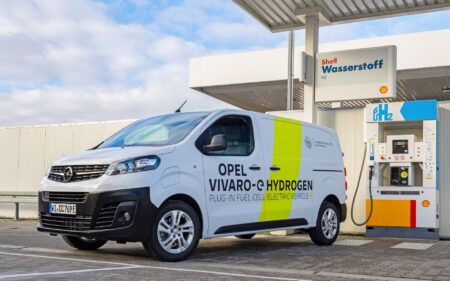Drivers and businesses will no longer need planning permission to install most EV chargepoints in the UK under new government rules.
The change applies to public, private and workplace charging installations, with Future of Roads Minister Lilian Greenwood saying it will make installations easier, quicker and cheaper. The government estimates EV owners could save up to £1,100 annually compared to running petrol or diesel vehicles.
The streamlined process particularly benefits drivers with driveways who want to install home chargers, while businesses can now add workplace and public charging points with less bureaucracy and cost.
“We’re cutting down on paperwork to power up the EV revolution so that drivers, businesses and those looking to make the switch will have more chargepoints to power from and less red tape to deal with,” Greenwood said.
The changes complement existing government support, including grants of up to £350 for people in flats or with on-street parking to install home chargers. The government has invested over £2.3 billion in EV infrastructure and supporting British carmakers through trade deals.
Nearly 80,000 public chargepoints are now available across the UK, with statistics showing one new charging device installed every 29 minutes. In April alone, nearly 3,000 public charging devices were added to the network.
Lewis Gardiner from Osprey Charging Network welcomed the changes, saying: “Removing the need for planning permission for essential electrical infrastructure like substations across the majority of sites will save months of delays, reduce costs and accelerate the delivery of the rapid charging hubs drivers need.”
According to the government, running an EV can cost as little as 2p per mile, with two in five used EVs now priced under £20,000 and 29 new models available for under £30,000. Most new EVs can travel nearly 300 miles on a single charge.
The changes support the government’s broader Plan for Change, which includes recent trade deals with the US, India and European Union that have helped safeguard around 150,000 automotive and steel sector jobs.





